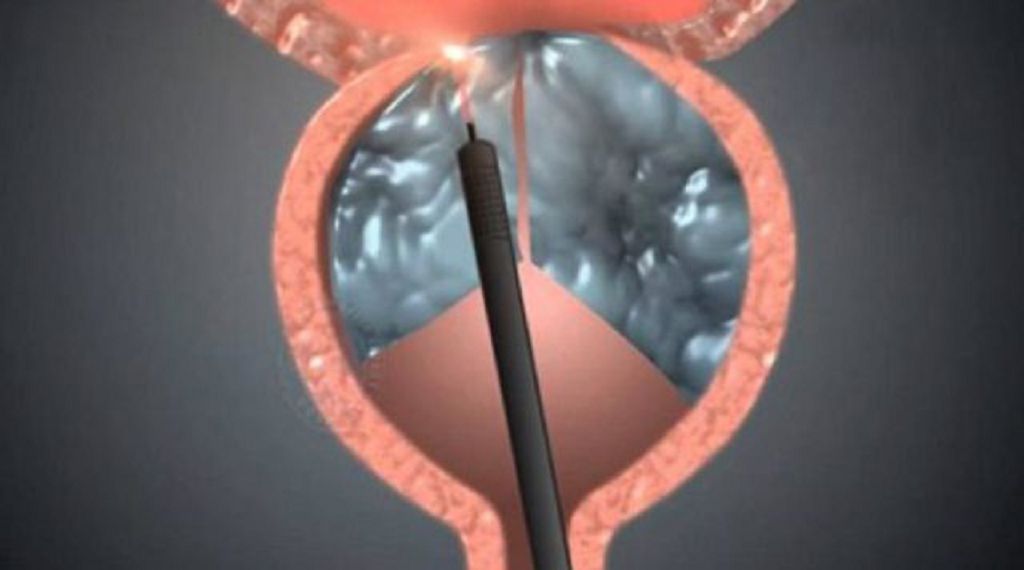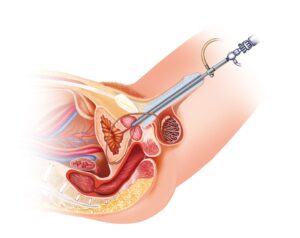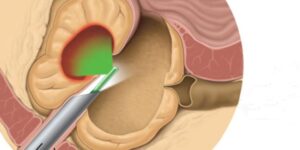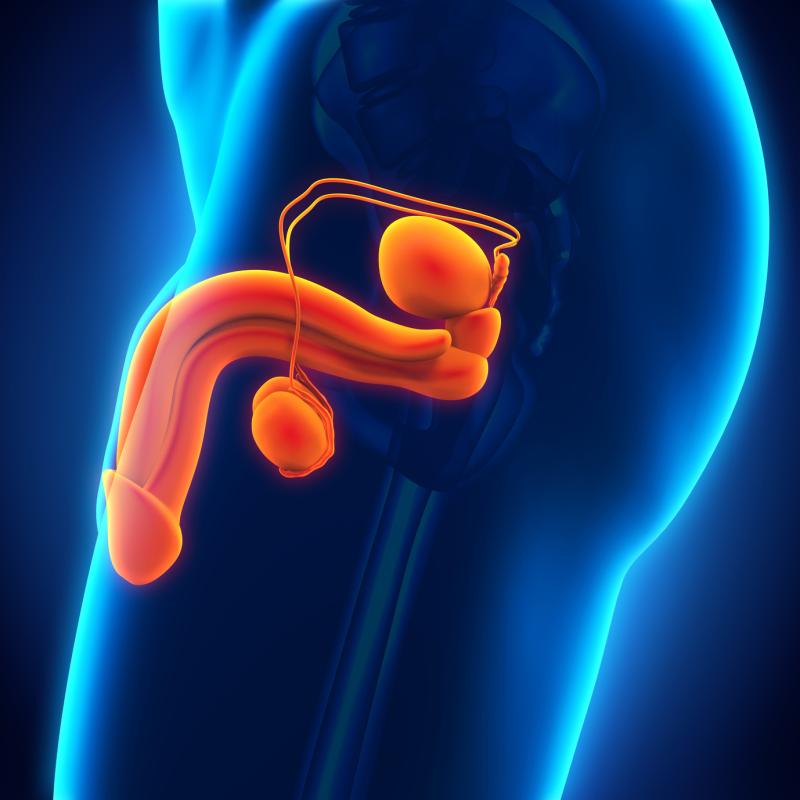What is Laser Prostate Surgery?
It is used to treat prostate tissue due to benign prostatic hyperplasia. Minimally invasive surgical method laser prostate surgery It is called. In this procedure, high-energy laser light is used to shrink tissue and improve urine flow.
It offers less blood loss and faster recovery time than traditional surgical methods. Patients generally experience less pain and have a shorter hospital stay. The procedure is a preferred option to address urination problems.
In Which Situations Is Laser Prostate Surgery Applied?
As the prostate enlarges, urine flow becomes weaker and symptoms such as difficulty urinating and frequent urination may occur. It is considered when symptoms become severe and seriously affect quality of life.
Medications may be used to relieve symptoms. However, in some cases, medications may be ineffective or cause side effects. In such a case, it may be an option. Urinary retention, a condition in which urine cannot be completely evacuated, may require urgent medical attention. Surgery can correct this condition.
Urinary tract infection symptoms If this occurs and other treatment methods do not work, surgical intervention may be considered. Laser prostate surgeryIt is used as an alternative to transurethral resection procedures.
Types of surgery use laser energy to remove or shrink tissue. It is important to consult a specialist regarding the method of operation and candidacy. Because every patient is different and the appropriate treatment option should be determined depending on the individual situation.
Things to Consider After Laser Prostate Surgery
The healing process may vary from person to person, but can usually take several weeks. Try to go through the recovery process in the best possible way by following your doctor's recommendations.
Use prescribed medications regularly. Medications can reduce the risk of infection and support your healing process. The risk of urinary tract infections may increase after surgical intervention.
Pay attention to hygiene rules when urinating. If you see symptoms of urinary tract infection, contact your doctor immediately. Urination problems may occur after surgery. Therefore, act carefully and patiently while urinating and try to maintain an uninterrupted flow of urine. Avoid lifting heavy objects for a while.
It can put extra pressure on the area and make the healing process difficult. Maintaining a healthy diet and drinking adequate amounts of water can support your healing process. Follow a diet plan according to your dietitian's recommendations. Gradually increase your physical activity according to your doctor's recommendations. Avoid overly strenuous activities.
Attend designated check-ups regularly. Examinations will help monitor your recovery. There may be changes in sexual functions after the operation. Communicate openly with your doctor on this issue and get support from a sexual health specialist when necessary. You may also need emotional support after surgery.
You can get through the process more easily by sharing it with close family members or a psychologist. Things to consider after laser prostate surgeryvaries depending on your personal health condition. Therefore, follow your doctor's instructions strictly and reach out with any questions or concerns.








